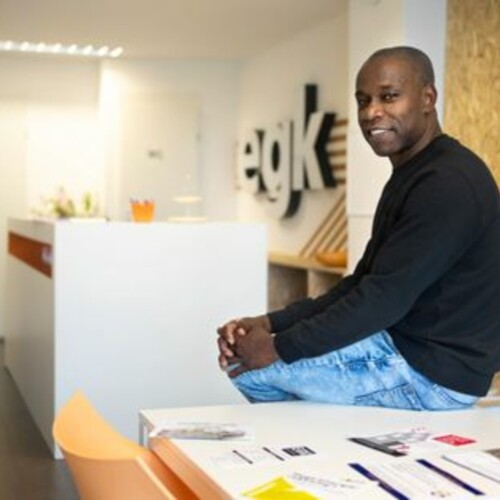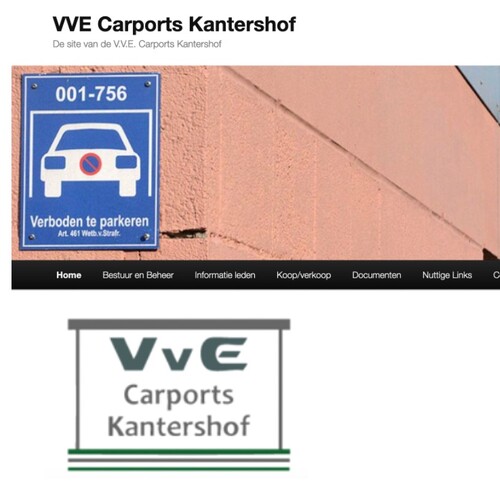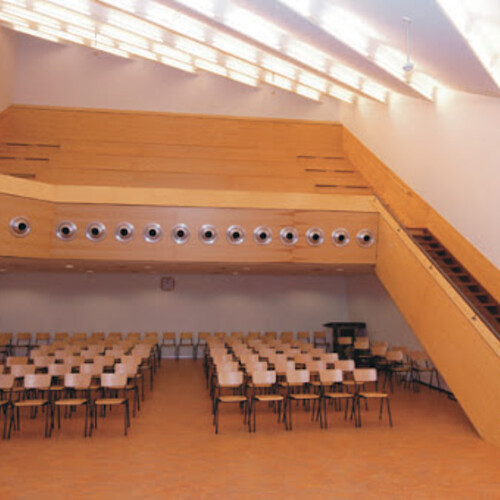Recommendations to support affordability and cooperation within marginalized communities in the Bijlmer.
!This research was not conducted for Energy Lab Southeast, but thematically links to the Energy Lab!
The energy transition has significant social and economic implications for residents, particularly those in marginalized communities. Angelica Franciso conducted research to shed light on the impact of planning policies on non-Dutch communities and explore ways to incorporate community-based knowledge into planning practices for a more inclusive energy transition.
In her research, Angelica focuses on the Bijler, looking into existing interventions that support affordability, and cooperation and coordination with neighbourhoods within Hispanic communities. The central question guiding her research is: ‘To what extent does Amsterdam’s transition vision for heat support affordability and cooperation with neighbourhoods within Hispanic communities in the Bijlmer?’ The main question of her research is: ‘To what extent does Amsterdam’s transition vision for heat support affordability and cooperation with neighbourhoods within Hispanic communities in the Bijlmer?’
Besides her thesis, Angelica has also written a policy brief (English & Dutch). Both are attached.
 Energielab Zuid Oost
Energielab Zuid Oost

